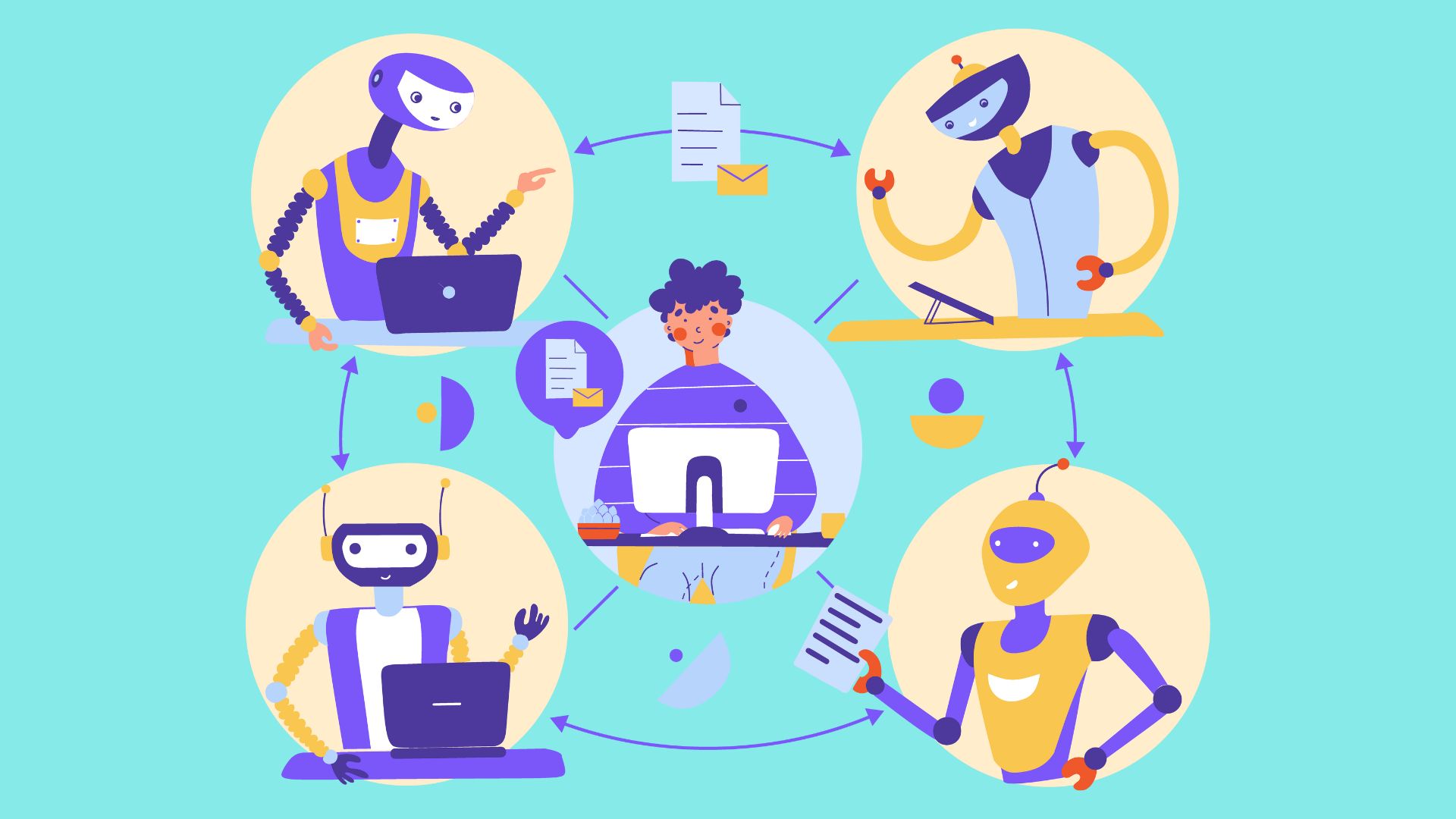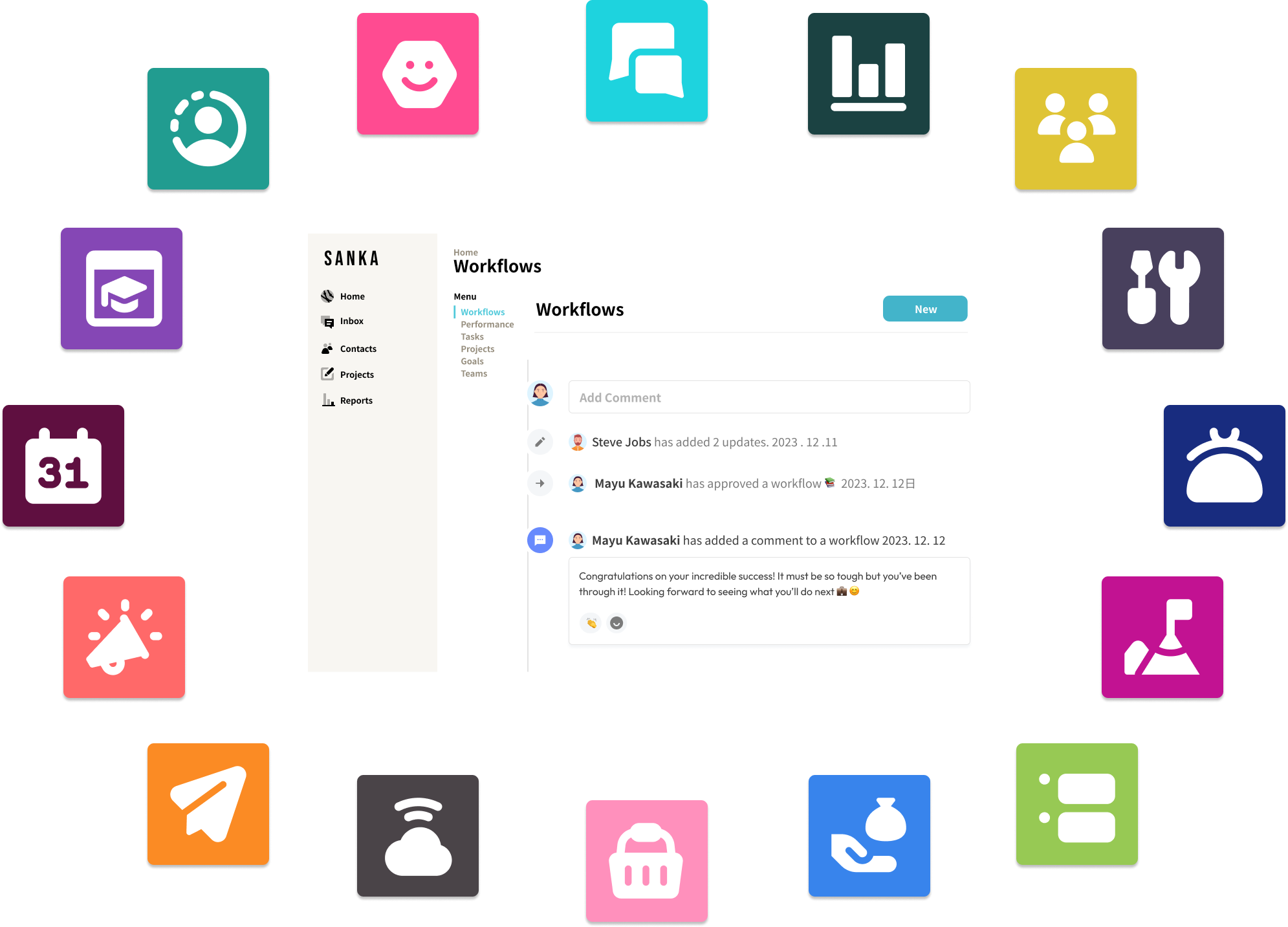Introduction
The customer service industry is rapidly evolving thanks to new technologies like generative artificial intelligence (AI). Generative AI refers to machine learning models that can generate brand new content, rather than just analyze existing data.
This type of AI is poised to transform customer service by automating repetitive tasks, responding to customers instantly, and delivering personalized service.
Chatbots Powered by Generative AI

One of the most common applications of generative AI in customer service is chatbots. Chatbots are automated programs that can communicate with customers via text or voice.
Generative AI takes these bots to the next level by allowing them to understand context, hold true conversations, and generate human-like responses on the fly.
With generative AI, chatbots are no longer limited to pre-programmed scripts. They can dynamically respond to customers based on machine learning models trained on vast datasets of human conversations.
This makes interactions feel more natural and personalized. The bots can ask clarifying questions if they don't understand a customer's request, or provide suggestions based on past conversations.
For simple customer inquiries, generative AI chatbots can provide instant resolutions without needing to transfer to a human agent.
This improves efficiency and allows human agents to focus on addressing more complex issues. The AI can handle automatable tasks like checking account balances, updating addresses, and resetting passwords.
24/7 Availability with Instant Responses

Another major benefit of AI-powered chatbots is that they can be available to customers 24/7. Human agents are limited by working hours, but chatbots never sleep.
They can respond to customers instantly at any time of day.
This always-on availability is critical for global businesses that get queries around the clock. Customers today expect fast, convenient service. Generative AI chatbots meet these on-demand expectations by eliminating wait times.
If a customer emails a question at midnight, they don't have to wait until morning for an answer. The AI can reply within seconds.
This real-time responsiveness improves both customer satisfaction and loyalty. Quick resolutions also increase productivity by eliminating the need for customers to follow up repeatedly on unaddressed issues.
Hyper-Personalized Recommendations

Generative AI chatbots also collect data during customer interactions that can be used to provide personalized recommendations.
With access to customer histories and purchase patterns, the bots can tailor suggestions to each individual.
For example, if a repeat customer contacts a retail chatbot to help pick a gift, the bot can draw on the customer's past purchases and browsing behavior to recommend relevant options.
Or for a customer service inquiry, the bot can reference previous issues and resolutions for that specific customer when generating responses.
This hyper-personalized service wasn't possible with earlier generations of chatbots. Generative AI analyzes data in context to infer customer preferences and needs.
The technology is still nascent, but over time, it is expected that chatbots will deliver individuated service on par with human agents.
Automating away Tedium

In addition to front-line customer service via chatbots, generative AI can also automate internal customer service processes to boost efficiency.
Tedious tasks like reviewing support tickets, documenting issues, updating customer records, and preparing reports can be handed off to AI systems.
Generative AI can review tickets and documentation to instantly categorize issues for routing. It can also generate draft resolution summaries for agents to refine.
For reports, bots can pull the latest customer data, identify trends, and create initial report templates. This allows human teams to offload repetitive work and focus on high-value activities.
While the technology cannot fully replace human expertise, generative AI will likely take on an increasing share of repetitive customer service workflows over the next decade.
This will provide a productivity boost while allowing companies to retain the human touch for complex customer issues.
Monitoring Customer Sentiment in Real Time

Generative AI tools can also help companies keep a pulse on customer sentiment and experiences. Powerful natural language processing capabilities allow bots to listen to customer conversations across channels in real time.
This could include analyzing support transcripts, review sites, social media, and chat forum discussions.
The bots identify themes and extract insights without needing to read or listen to everything manually. For example, they can track which product features generate the most complaints or buzz.
Teams can then proactively respond to pain points or capitalize on excitement. Similarly, brands can better align marketing by understanding what resonates with customers. Generative AI acts as an always-on focus group, connecting strategy to real customer voices.
Risks and Challenges With Generative AI

While generative AI unlocks many opportunities, implementing it for customer service also comes with risks and challenges.
A top concern is data privacy and security. Because the technology relies on gathering customer data, companies must be transparent about what is collected and stored. Strict access controls need to prevent leaks or misuse.
Accuracy is another challenge. While generative AI is advanced, it can still make mistakes or generate offensive content if not properly trained on diverse, unbiased datasets. Extensive testing is required to ensure responses meet quality bars. There also needs to be human supervision to catch issues before they impact customers.
Finally, some fear generative AI could be used deceptively to impersonate people or create fraudulent content at scale. While powerful, the technology does not yet perform true reasoning or understand human intent. Progress in AI ethics and regulation will be important to prevent misuse.
Despite these valid concerns, leading firms anticipate generative AI will become a fixture of customer service in the years ahead. With proper implementation and safeguards, it has the potential to revolutionize the customer experience through fast, personalized, and always-available support.
Conclusion

Generative AI represents an exciting evolution for customer service. Its ability to hold human-like conversations, synthesize data to make recommendations, and rapidly respond at any time of day will transform customer expectations.
While challenges remain, generative AI will likely become a key driver of customer satisfaction, loyalty, and business growth as adoption accelerates. Companies that leverage it thoughtfully will gain a competitive advantage today, and be well positioned to offer creative, customized service at scale in the future.
With AI augmenting human teams, the possibilities for revolutionizing support through a blend of automation and personalization are immense.








